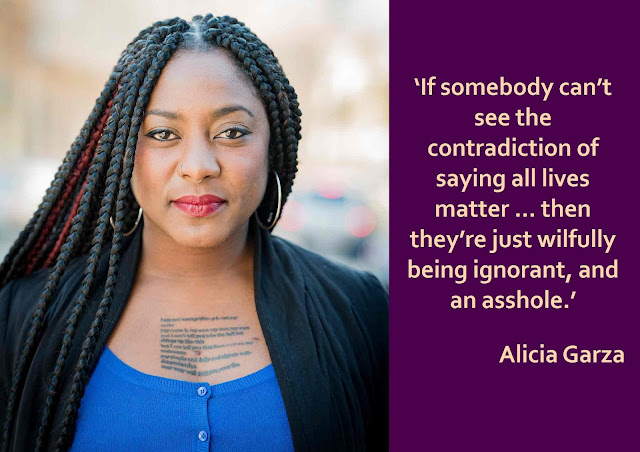Feeling Rebloggy
From Ms. Magazine
From Ms. Magazine
Thanks to a 2010 California law that advances the top two primary candidates, regardless of party, to the general election, we’ve known since June that not just a Democrat—but a feminist woman Democrat—would be replacing Sen. Barbara Boxer, who is stepping down in January after years of spectacular feminist leadership in Congress.
With her victory over Rep. Loretta Sanchez, Kamala Harris, the daughter of immigrants from Jamaica and India, becomes the first black and South Asian woman ever elected to the U.S. Senate.
On election night, Harris was set to begin. “We know the stakes are high,” she told a crowd in Los Angeles. “When we have been attacked and when our ideals and fundamental ideals are being attacked, do we retreat or do we fight? I say we fight!”
http://msmagazine.com/blog/2016/11/17/new-feminist-office-kamala-harris/
From Feminist Majority PAC
From Feminist Majority PAC
Coming from Howard University and the University of California, Hastings College of the Law, Harris is the first African-American women in the history of California to serve as state attorney general and the first South Asian of Indian descent. As Attorney General, Harris has fought for reproductive rights, marriage equality, and the end of campus sexual assault. She also defended homeowners, winning back $20 billion from the country’s banks after the mortgage crisis. Her Homeowner Bill of Rights is one of the most comprehensive and toughest foreclosure reforms in the country and protects hard-working, middle-class families.
Before she was Attorney General, Harris was the San Francisco District Attorney where she created new initiatives focused on child assault prevention, environmental crimes, LGBTQ rights, and ending gun violence. She also created outreach programs and brought free legal clinics to immigrant neighborhoods. She has won numerous awards for her work and was voted one of the top 100 lawyers in California and one of America’s 20 most powerful women. She received the Thurgood Marshall Award from the National Black Prosecutors Association and was recognized as a “Woman of Power” by the National Urban League.
Positions on Key Issues...
Read More:




















